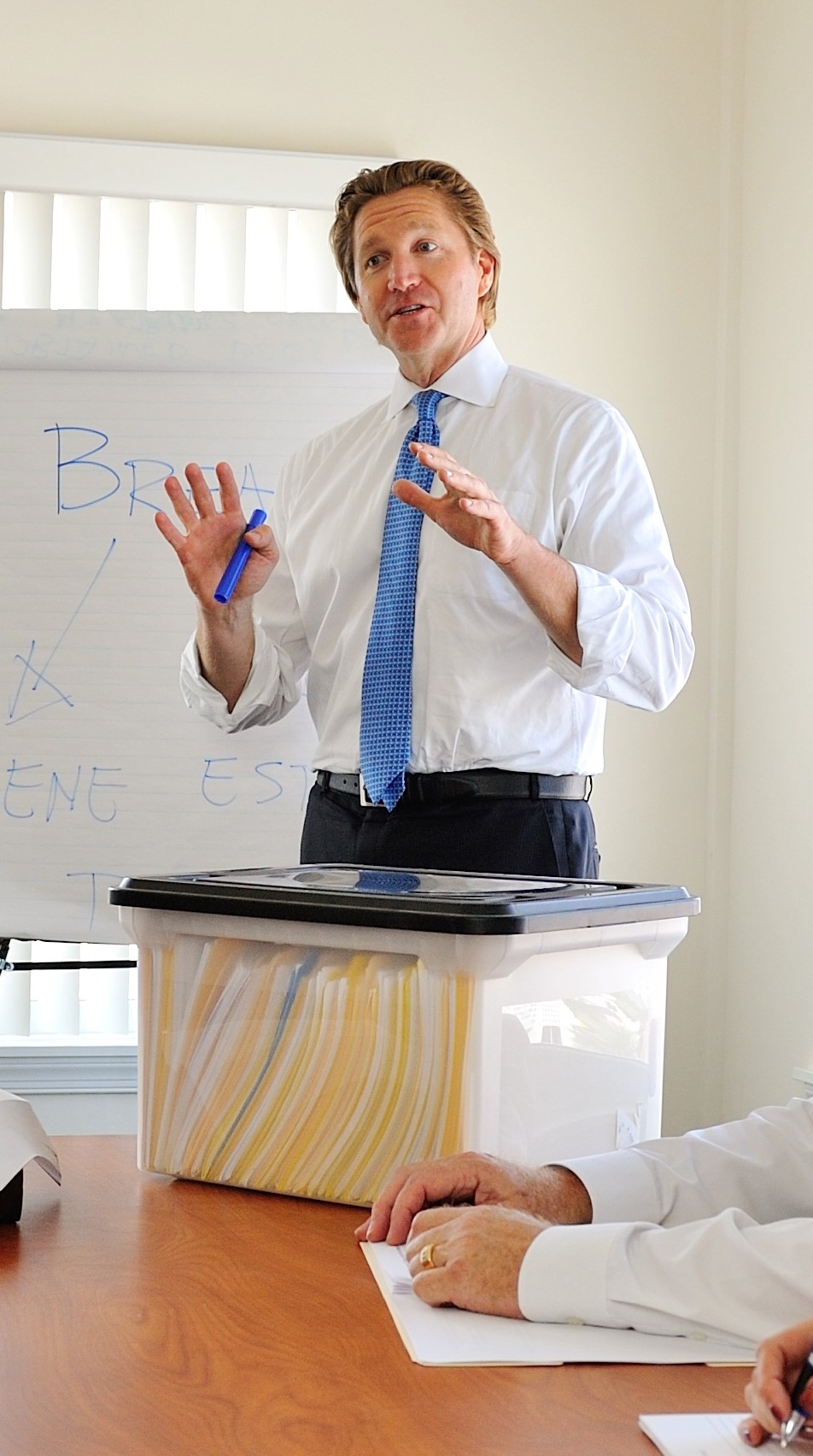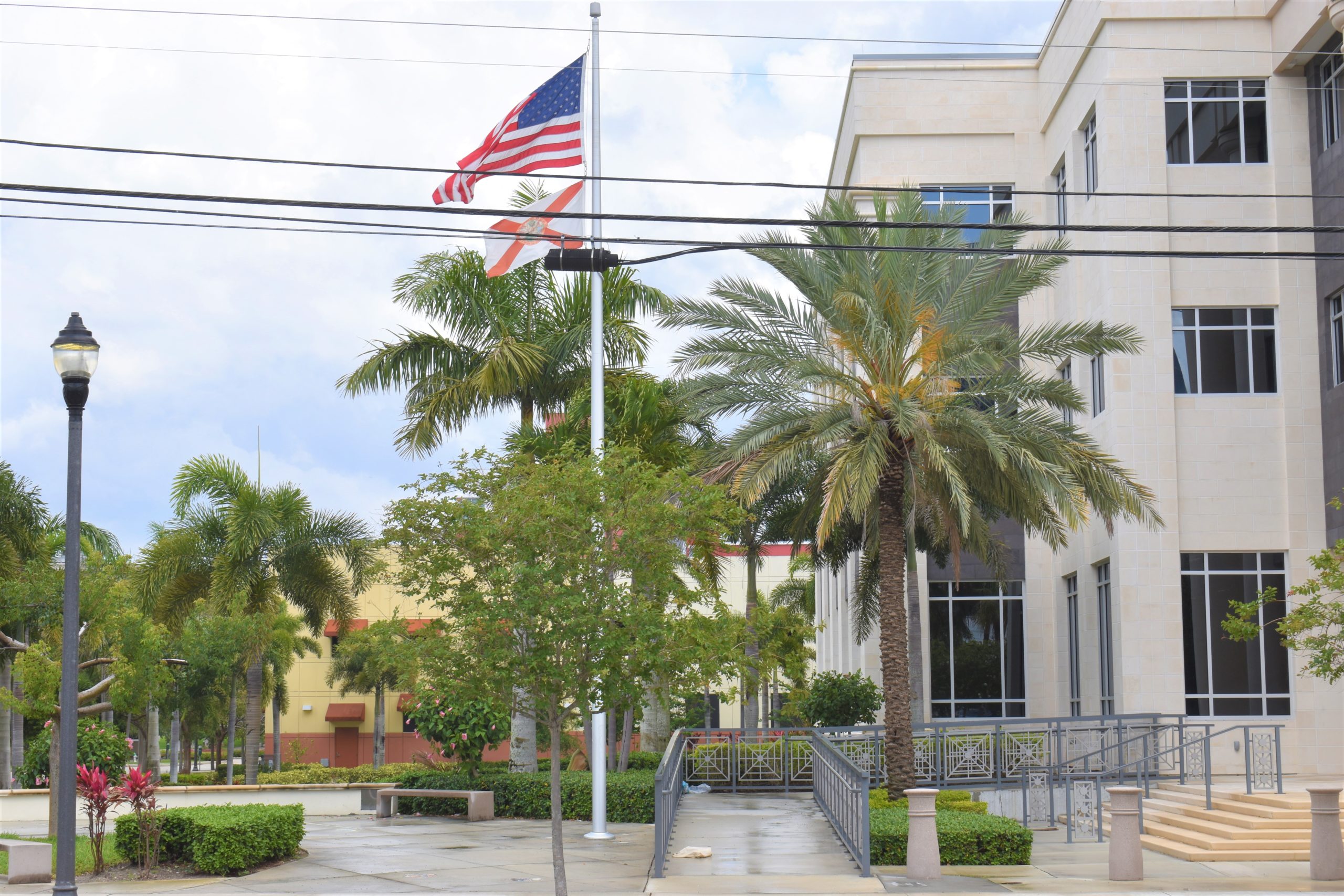
If a Florida will was not signed properly–or not signed by the person and witnesses in the proper order– it is not valid. What do you need to know about a Florida will signing? Well, many heirs and family members often have questions about a will challenge. Knowing how to make a claim is super important. In some cases, you may have less than 3 months to object to a will. Let’s talk about the legal requirements for a valid Florida will signing. For a free video on objecting to a will, CLICK HERE. Florida Legal Requirements For a will to be valid in Florida, most probate lawyers know the rules. Here they are in a nutshell: The person must sign the will in front of two witnesses, who likewise sign the will in front of the person and each other. The will must be signed at the end. And that’s it ! Or, you could simply read Florida Probate Statute 732.502. That law is the law for how to sign a will. (For a free Florida probate video on over-turning a will, click HERE.) Don’t Forget the Self-Proving Affidavit But, how do you prove that this was done? Well, most probate lawyers have a self proving affidavit. Florida Probate Law 732.503 even gives you the form. The self proving affidavit includes a statement from the notary that the person and the witnesses actually signed the will in the notary’s presence. What’s the big deal with the Florida self-proving affidavit? […]








